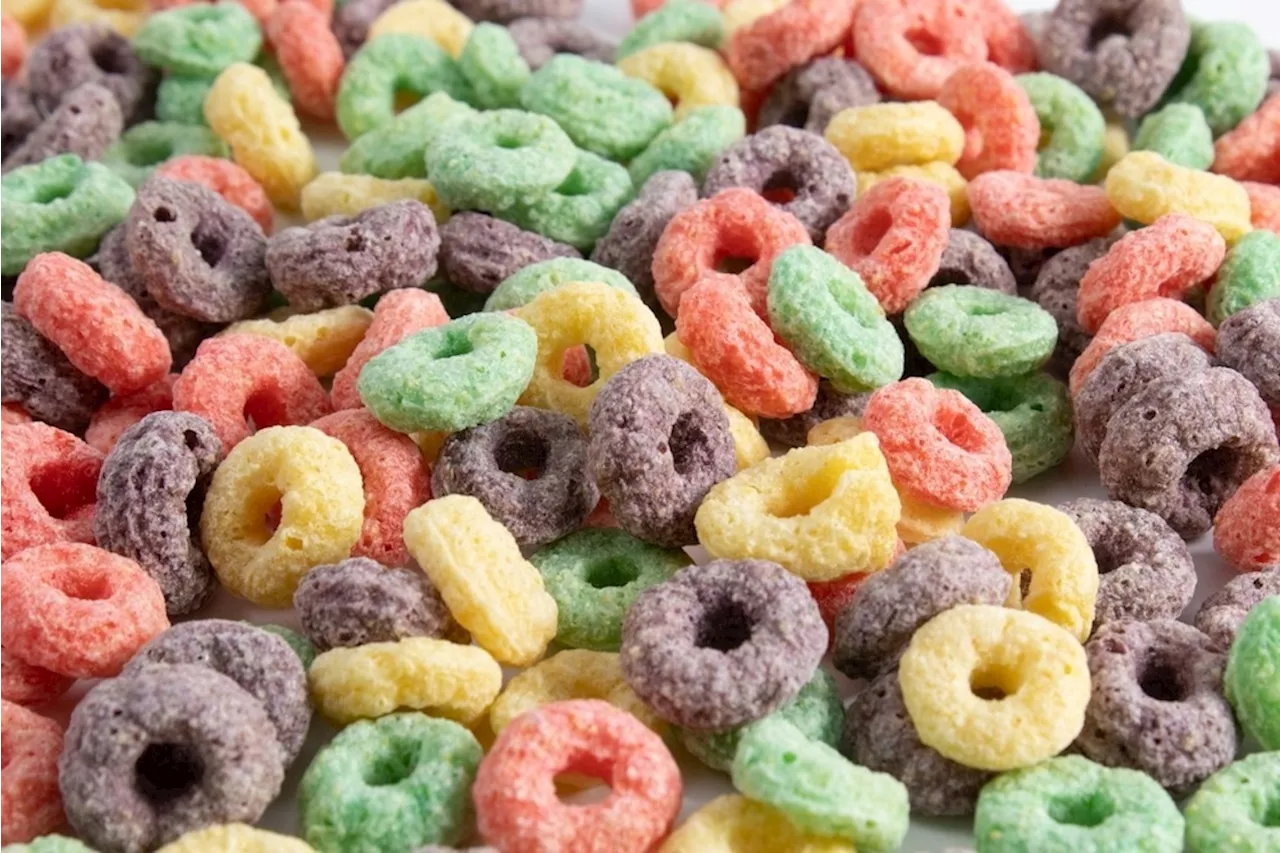A new study from Mass General Brigham analyzed the food offerings of Target, Whole Foods, and Walmart, finding a predominance of highly and ultra-processed foods across all three stores. The researchers developed GroceryDB, a database with over 50,000 food items, and TrueFood, a website that allows consumers to compare foods based on processing scores, nutritional content, and ingredient details.
A new study from researchers at Mass General Brigham provides valuable insights for consumers and policymakers regarding the level of processing in foods sold at three major U.S. grocery chains. Employing a sophisticated algorithm, the team analyzed the offerings from Target, Whole Foods, and Walmart, assigning a processing score to each food item based on its level of refinement.
Their findings, published in Nature Food, reveal a concerning trend: the prevalence of highly and ultra-processed foods in supermarkets. These foods often contain additives, preservatives, and excessive amounts of sugar, salt, and unhealthy fats, and research suggests they contribute to health issues like obesity, diabetes, and heart disease.The researchers developed GroceryDB, a comprehensive database containing over 50,000 food items, meticulously analyzed for ingredient lists, nutritional facts, and prices. This data forms the foundation for TrueFood, a website accessible to the public that allows users to compare foods based on their processing scores, nutritional content, and detailed ingredient breakdowns. Their algorithm, named FPro, utilizes machine learning to determine the degree of processing for each food item, with higher scores indicating a greater level of ultra-processing. The study's results paint a concerning picture. While Whole Foods offers a slightly higher proportion of minimally processed options, a majority of the foods available across all three stores fall into the highly or ultra-processed categories. Certain food categories, such as cereals, soups and stews, yogurt and yogurt drinks, milk and milk substitutes, and cookies and biscuits, predominantly consisted of highly processed items in Walmart and Target, highlighting the limited nutritional choices consumers face. The researchers acknowledge the limitations of their study, as it relies on data from a single point in time and a relatively small sample of stores. Future research will incorporate geolocation information and temporal monitoring to understand how food availability varies across different regions and how these variations may influence health disparities. The ultimate goal of the research team is to leverage this data-driven approach to improve public health by empowering consumers to make informed dietary choices. They envision a future where GroceryDB and TrueFood evolve into comprehensive, large-scale tools that promote nutritional well-being for everyone
Ultra-Processed Foods Grocery Stores Food Processing Nutrition Public Health
United Kingdom Latest News, United Kingdom Headlines
Similar News:You can also read news stories similar to this one that we have collected from other news sources.
 Global Autism Prevalence Hits 61.8 Million: Study Highlights Need for Early Detection and SupportA new study reveals that 61.8 million people worldwide were autistic in 2021, emphasizing the need for increased resources for early detection and support. The study identifies autism as a major health concern for young people and highlights disparities in prevalence between genders and regions.
Global Autism Prevalence Hits 61.8 Million: Study Highlights Need for Early Detection and SupportA new study reveals that 61.8 million people worldwide were autistic in 2021, emphasizing the need for increased resources for early detection and support. The study identifies autism as a major health concern for young people and highlights disparities in prevalence between genders and regions.
Read more »
 Depression Prevalence Varies in US Older Adults: StudyA new study by Columbia University's Mailman School of Public Health has found significant variation in the prevalence of depression among community-dwelling older adults in the United States. The study, published in the Journal of American Geriatrics Society, also identified factors associated with a lower risk of depression, including higher income and volunteering.
Depression Prevalence Varies in US Older Adults: StudyA new study by Columbia University's Mailman School of Public Health has found significant variation in the prevalence of depression among community-dwelling older adults in the United States. The study, published in the Journal of American Geriatrics Society, also identified factors associated with a lower risk of depression, including higher income and volunteering.
Read more »
 Highly Processed Foods Dominate US Grocery Stores, Study FindsA new study reveals that ultra-processed foods are prevalent in major US grocery stores, offering limited alternatives.
Highly Processed Foods Dominate US Grocery Stores, Study FindsA new study reveals that ultra-processed foods are prevalent in major US grocery stores, offering limited alternatives.
Read more »
 10 Foods High in Microplastics: Beatrice the Anti-Plastic Lady Reveals Easy SwapsAn expert shares 10 common foods with high microplastic content and provides healthier alternatives.
10 Foods High in Microplastics: Beatrice the Anti-Plastic Lady Reveals Easy SwapsAn expert shares 10 common foods with high microplastic content and provides healthier alternatives.
Read more »
 Tom Daley Reveals His Favorite Health Foods, Including a Superfood with Seven BenefitsOlympic diver Tom Daley shares his love for green tea, goji berries, and avocado, highlighting the importance of mindful eating. He also discusses the benefits of goji berries, a superfood packed with antioxidants.
Tom Daley Reveals His Favorite Health Foods, Including a Superfood with Seven BenefitsOlympic diver Tom Daley shares his love for green tea, goji berries, and avocado, highlighting the importance of mindful eating. He also discusses the benefits of goji berries, a superfood packed with antioxidants.
Read more »
 Autism Linked to Higher Dementia RiskA new study reveals a significant correlation between autism and an elevated risk of developing dementia.
Autism Linked to Higher Dementia RiskA new study reveals a significant correlation between autism and an elevated risk of developing dementia.
Read more »
